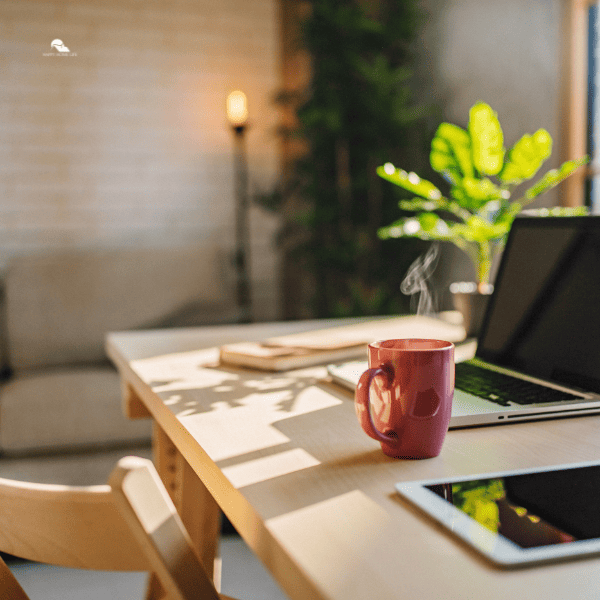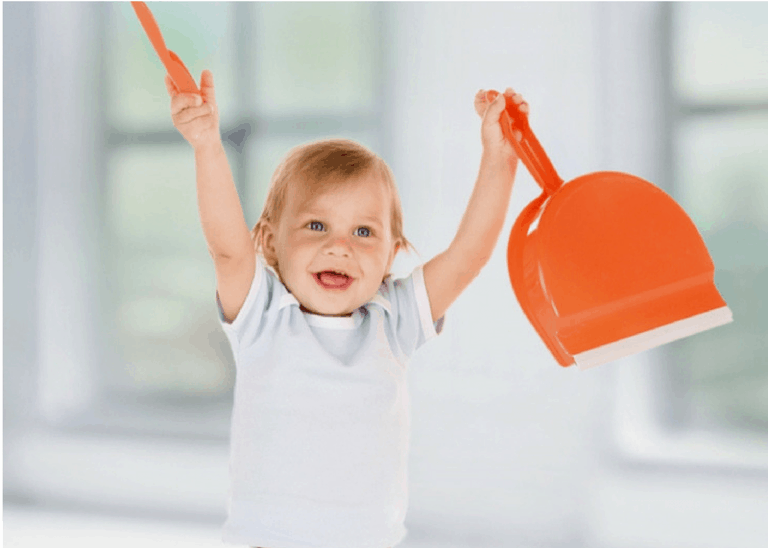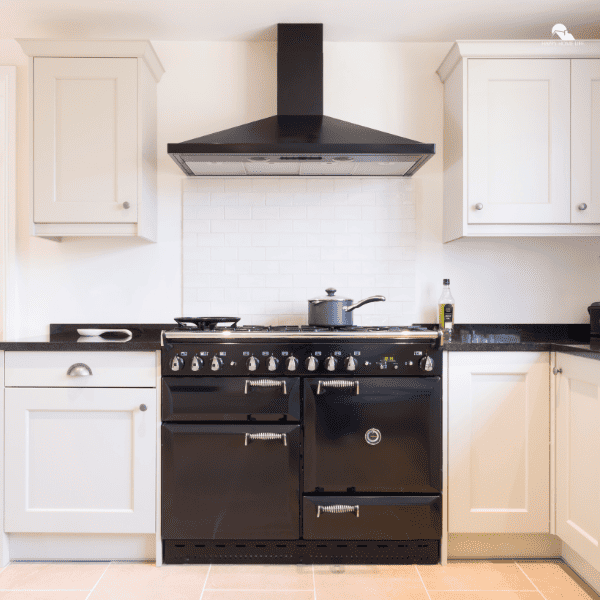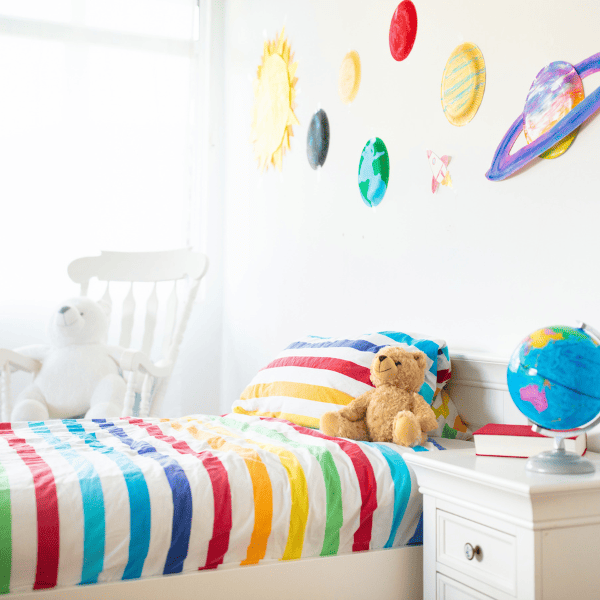If you’re always looking for ways to make the most of your living or working space, you might be surprised to learn that there are probably several idle spaces in your home or office just waiting to be put to good use.
In this article, we’ll explore what idle spaces are, why they’re worth your attention, and how you can breathe life into them for practical use. Whether you want to be more practical with your home layout or more creative with home design, this guide is for you.
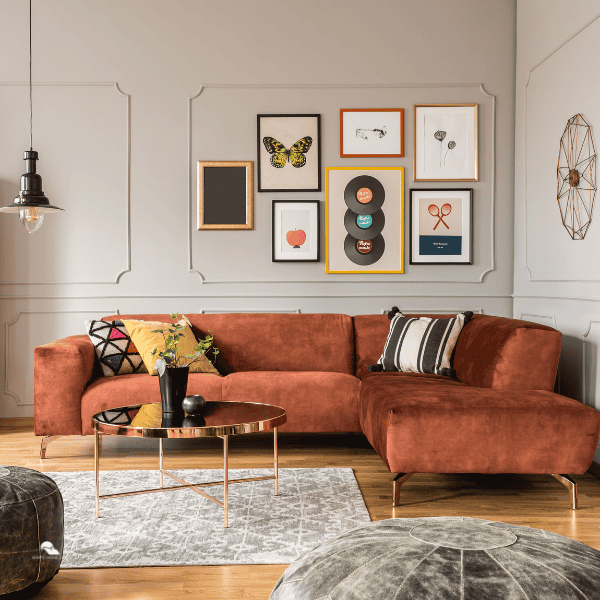
What Are Idle Spaces?
Idle spaces are areas within our homes or offices that are currently underutilized or not used at all. The key to identifying these spaces is to look for areas that aren’t living up to their potential. They might be filled with clutter, used for storage, or simply empty.
Here are a few examples:
- Living room corners
- Empty walls along hallways
- Under-stair area
- Corners of rooms
- Windowsills
- Space above kitchen cabinets
- Outdoor areas like corners of backyards or side yards
Take a look around your house and see if you can spot any idle spaces that could be put to better use.
Why Should We Consider Using Idle Spaces?
Revamping idle spaces in our homes or offices can maximize the potential of our living and working environments. Here’s why:
Enhanced Functionality
Repurposed idle spaces can encourage better activity in your home. A compact home office enhances productivity. A home bar helps guests feel more at ease.
Cost Savings
With a bit of creativity and some DIY skills, repurposing idle spaces can be a cost-effective way to create more room without needing to renovate.
Improved Well-Being
Our surroundings significantly impact our mental well-being. A cluttered, cramped space can lead to stress, while a well-organized, functional space can promote relaxation and productivity.
Personalization
Idle spaces offer an opportunity for us to infuse more of our personality into our spaces. Hobby corners, home gyms, or mini art galleries can reflect our interests.
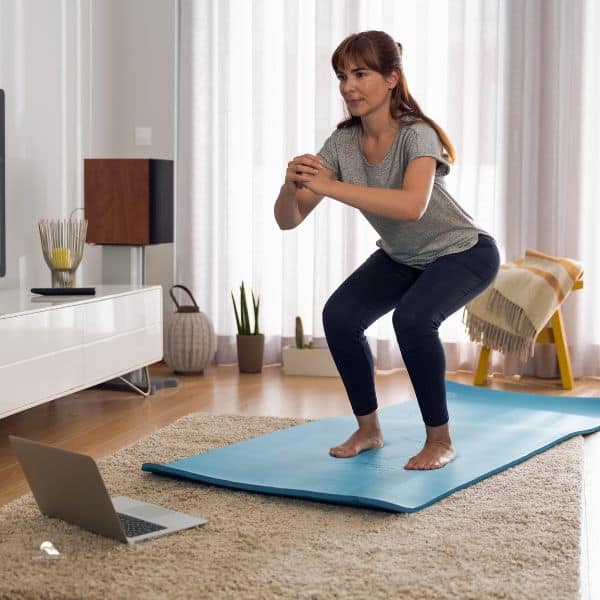
What Are Some Practical Uses for Idle Spaces?
Idle spaces are like blank canvases waiting to be transformed. Some practical uses for these spaces include:
Home Office
With the rise of remote work, carving out a dedicated workspace has become a necessity for many. With a desk, chair, and good lighting, an idle corner can be transformed into a compact home office.
Reading Nook
If you’re a book lover, why not turn an idle space into a cozy reading nook? Add a comfy chair, a side table for your coffee, a bookshelf, and a good reading lamp.
Exercise Area
To help you stay on track with your fitness goals, turn an idle space into a home gym using just a few pieces of equipment like a yoga mat, dumbbells, and resistance bands.
Playroom for Kids
If you have children, an idle space can be a perfect playroom for them. Fill it with their favorite toys, books, and games. You can also add a small table for arts and crafts.
Meditation Space
Trying to learn how to meditate? An idle space can be a perfect spot for meditation. Add some minimal decor and a few calming elements like a small indoor fountain or some indoor plants.
Home Bar
If you love entertaining, consider setting up a home bar. You can use a small table or cart for your margarita drinks or other homemade beverages. Add some bar stools, and you’ve got a great spot for socializing.
Storage
Idle spaces can be cleverly used for storage. Think vertical and use walls to install shelves or cabinets. Baskets and boxes can help keep things organized.
Art Studio or Gallery
If you’re an artist or simply appreciate art, an idle space can be the perfect place to create or display artwork. Standard art frames such as 8.5 x 11 frames are great for filling out an empty wall space. You can also use accent lighting fixtures to highlight your favorite pieces.
| Design Tip: Small areas like the ones mentioned above offer a great design opportunity to add a pop of color or texture to a space. Don’t be afraid to make bold choices like a deep-colored chair, a patterned table runner, or a bright-colored rug. |
The key to successfully repurposing an idle space is to consider your needs and lifestyle. Spaces only become truly functional when they work specifically for you.
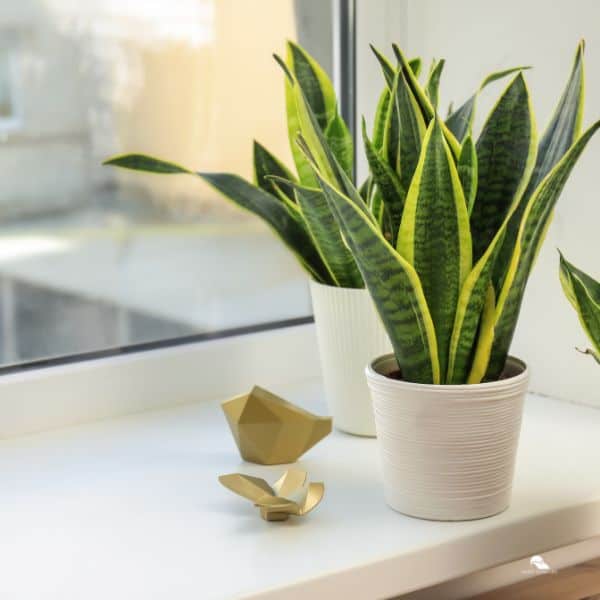
What Are Some Cost-Effective Ways to Use Idle Spaces?
When it comes to using idle spaces, you don’t have to break the bank. Here are some tips to help you plan a cost-effective project:
Plan Ahead
Have a clear plan in mind so you can avoid unnecessary expenses. Sketch out your ideas, measure your space, and create a budget.
DIY Whenever Possible
Hiring professionals can be costly, so consider doing the work yourself. These days, you can learn anything online: you can access how-to videos and articles with just a few clicks. Plus, doing DIY things can be a fun and rewarding experience.
Repurpose Existing Items
Use your creative eye and look around your home for items that you can repurpose. An old ladder can become a bookshelf, or a wooden crate can be turned into a coffee table.
Choose Affordable Materials
Always explore your options. For example, laminate or vinyl can be a cost-effective alternative to hardwood flooring. Similarly, open shelving can be less expensive than cabinets.
Keep it Simple
A minimalist design can be both stylish and cost-effective. Avoid unnecessary decorations or furniture. Instead, focus on functionality and choose a few key pieces.
| Bonus Tip: Different stores offer different prices for the same or similar-looking items. List down the best stores you can think of, then take the time to research and compare their items and prices. |
Transforming idle spaces doesn’t have to be expensive. Plan well and use your creativity, and you can create beautiful and functional spaces without overspending.
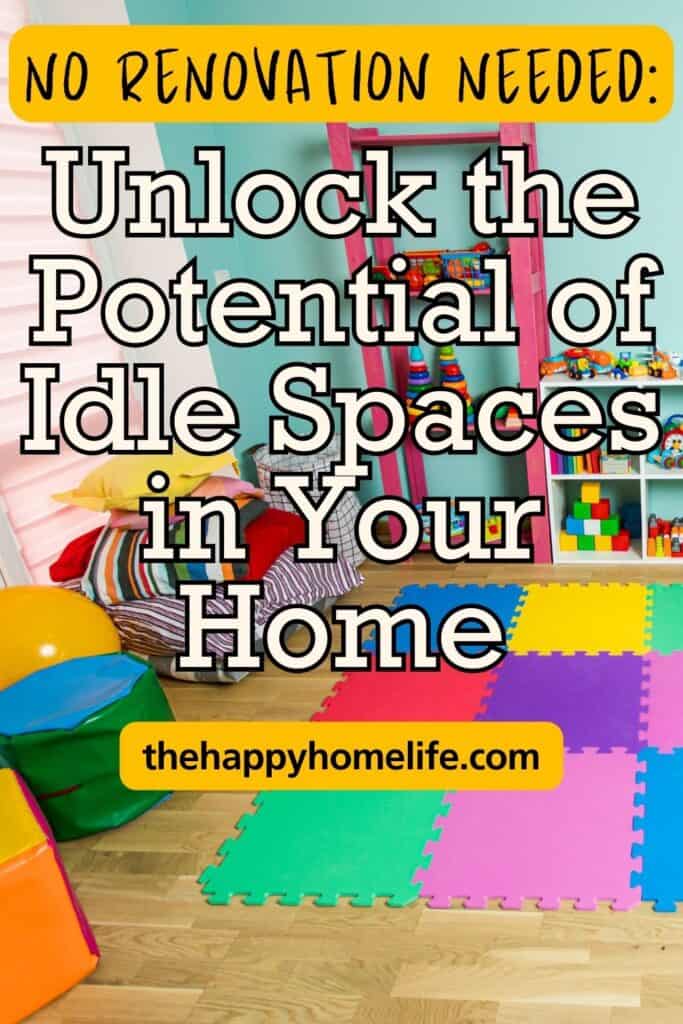
Start Transforming Your Space Now
By identifying idle spaces and creatively repurposing them, you can create practical and unique areas that cater to your specific needs. Whether it’s a reading nook, a home office, or a storage solution, you can turn any idle space into a valuable asset.

